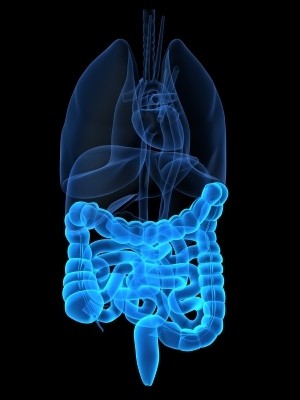EFSA health claim opinion
Danone: EFSA Actimel diarrhoea claim rejection is "incomprehensible"

Danone spokeseperson Geoff Thompson said the rejection of its article 14 disease risk reduction submission that contained more than 20 studies was a shock to the company, but he emphasised it would not affect Actimel’s marketing.
“We are obviously very disappointed because we had a very specific claim and very specific science but this claim for diarrhoea was for the future and so it does not affect existing marketing for Actimel.”
“But how the health claims panel has come to this conclusion is incomprehensible to us and we will be submitting comments on that in the next 30 days.”
Yakult plus members of the academic community have done a similar thing after Yakult’s own article 13.5 probiotic claim for upper respiratory tract health was rejected in October.
Juliane Kleiner, PhD, the head of EFSA’s Panel on Dietietic Products, Nutrition and Allergies (NDA), is yet to respond to those comments, but it is worth noting that to date the NDA has not revised a single opinion.
Reasons for rejection
Danone’s rejected dossier sought to link Lactobacillus casei-containing Actimel with a reduction in Clostridium difficile toxins in the gut and therefore a reduction in, “the incidence of acute diarrhoea.”
In the dossier, the NDA found seven published human studies, three unpublished human studies, eight published and one unpublished non-human studies to be pertinent to the claimed effect. The company highlighted one study published in the British Medical Journal (BMJ) that the NDA agreed showed a significant effect in the reduction of diarrhoea, but the panel noted blinding and other problems discounted its findings.
The study (Hickson et al., 2007; Bulpitt and Hickson, 2010 - unpublished) compared Actimel consumption with another yoghurt drink (Yazoo) among 164 hospitalised patients with an average age of 73.8. A reduction in antibiotic associated diarrhoea (AAD) was the primary endpoint and a reduction in C. difficile associated diarrhoea (CDAD) was the major secondary endpoint.
“The Panel notes that C. difficile toxins were only measured in patients who developed AAD and that there were no data on the effect of Actimelon the occurrence of C. difficile toxins in the faeces of patients without AAD,” the NDA wrote.
The NDA found that while the patients were genuinely blinded to the two products in the hospital as they were given the drinks in neutral containers, they were later given the two different-shaped bottles, which spoiled the blinding and discounted the statistically significant trial results.
“The Panel considers that the weaknesses of this study limit its value as a source of data to substantiate the claim.”
One of the academics who wrote to the European Commission in support of Yakult’s submission, Stephan Bischoff, PhD, professor and chair at the Department of Nutritional Medicine at the University of Hohenheim, questioned the invalidation logic.
“For the BMJ the limitations were not strong enough to discount the whole trial but that is what the NDA has said,” he said. “This judgement is too sharp for food products.”
Other secondary endpoints included lactobacillus counts in the stool; IgA levels specific to C. difficile in the stools; urinary indican (“as a marker for bacterial colonization in the gut”); use of AB (metronidazole and vancomycin to treat C. difficile infections), length of hospital stays and white blood cell counts (WCC). But these were not analysed due to insufficient data or techniques.
Danone had proposed the claim wording: “Fermented milk containing the probiotic Lactobacillus casei DN-114001 and yogurt symbiosis decreases presence of Clostridium difficile toxins in the gut (of susceptible ageing people). Presence of Clostridium difficile toxins is associated with the incidence of acute diarrhoea.”
The NDA opinion can be found here.
Claim confusion
Danone this year withdrew article 13.5 claims for the second time in two years that Actimel helped strengthen the body's defences and spoonable yoghurt Activia aided digestion.
Danone Dairy vice president of research and development, Frederic René, told NutraIngredients at EFSA’s gut/immunity claim meeting in Amsterdam that the company was still unclear about EFSA’s claim requirements, and would not be resubmitting until matters became clearer.
In a statement, Danone co-chief operating officer Emmanuel Faber called on, “EFSA to amend evaluation processes and clarify the criteria for assessments of scientific evidence relating to specific products and drawing on the findings of recent clinical studies.”

















